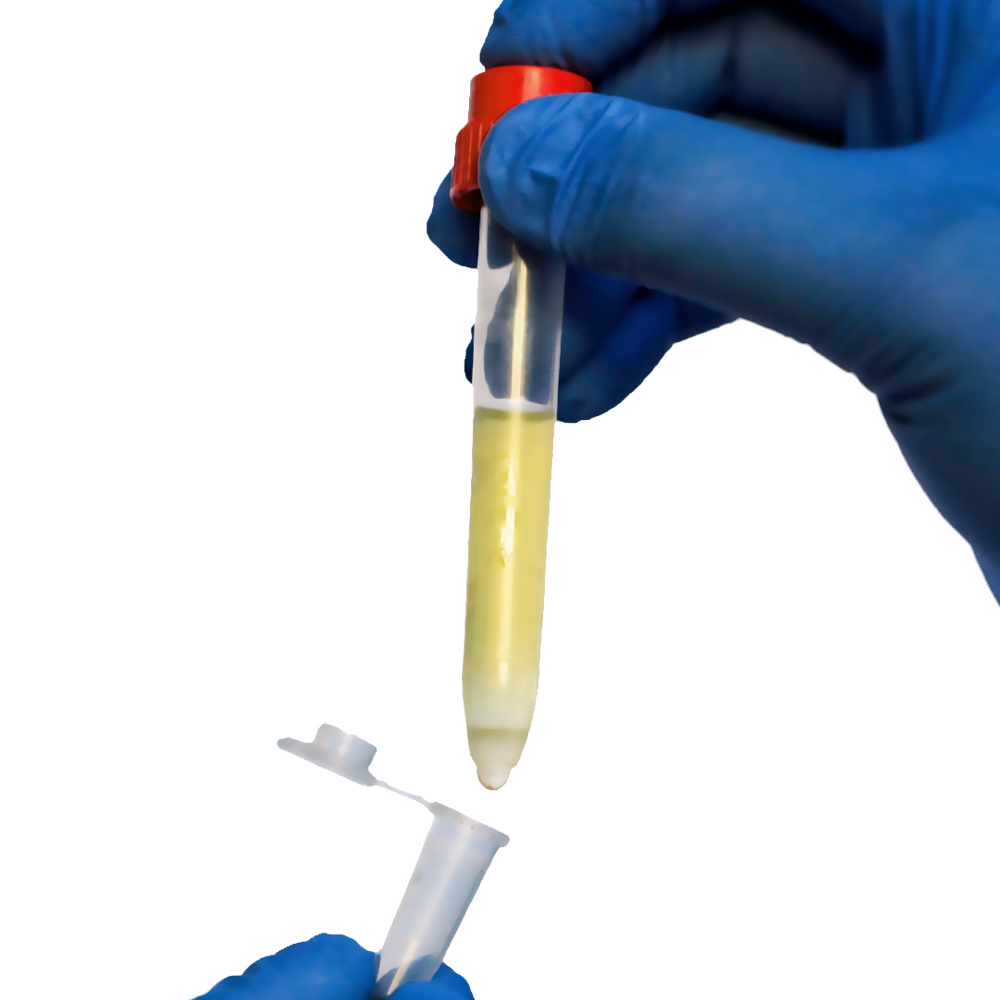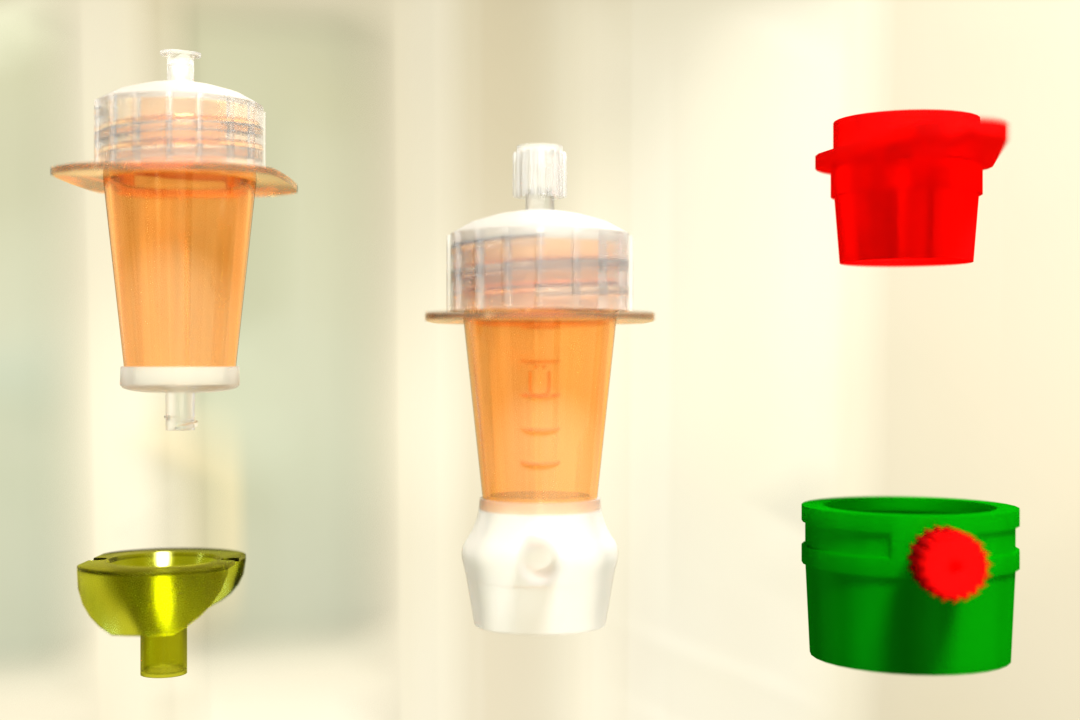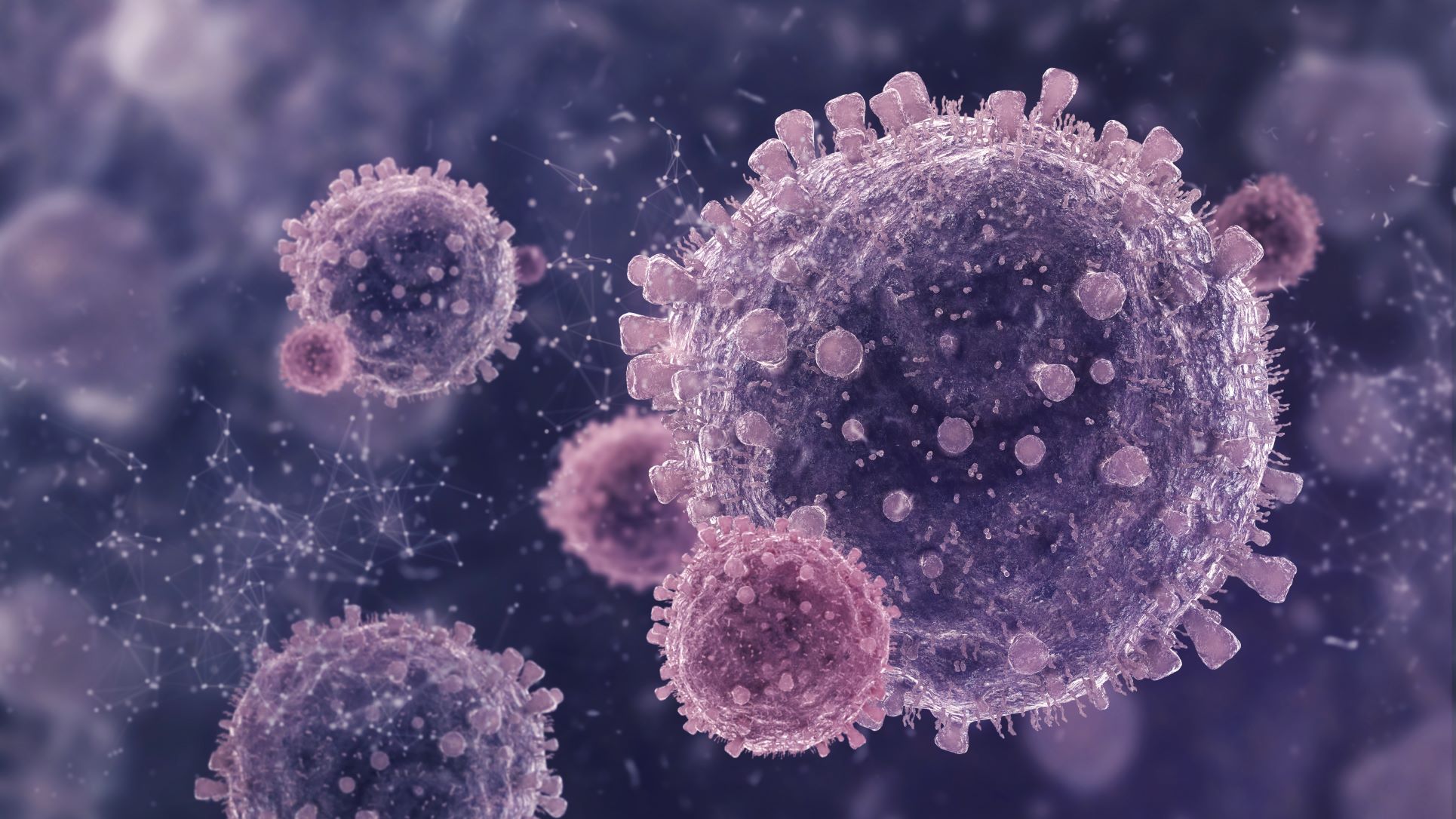PluriSpin is transforming NK cell enrichment in cellular research, offering a precise and efficient negative cell isolation technology that overcomes the limitations of traditional methods.
In the dynamic realm of cellular research, the pursuit of precision and efficiency remains an ongoing commitment. Advancements in the enrichment of Natural Killer (NK) cells, integral components in the immune system’s battle against pathogens and cancer cells, mark a significant stride. While traditional methods have laid the foundation, they carry inherent limitations that researchers are eager to transcend. Enter innovative technologies like pluriSpin, redefining the landscape of NK cell enrichment and challenging the conventions of established practices.
This paradigm shift reflects the industry’s collective drive to enhance methodologies, fostering a new era where the potential of cellular research is unlocked through advanced solutions. As researchers increasingly recognize the limitations of conventional approaches, the adoption of pluriSpin signifies a progressive step forward, promising heightened precision and efficiency in the isolation of NK cells for a deeper understanding of their roles in immune responses and disease mechanisms.
The Challenges with Conventional Methods
Traditional methods for enriching Natural Killer (NK) cells pose a myriad of challenges that researchers must navigate. Magnetic-based techniques, a cornerstone in cell separation, carry the risk of unintentional activation or damage to the very cells under study, potentially compromising the integrity and functionality of NK cells crucial for accurate research outcomes. On the other hand, column-based separations introduce a time-consuming element, raising concerns about result variations due to gravity-dependent processes and the potential for cell clumping, further impeding the reliability of data.
These challenges underscore the complexities researchers face in obtaining pure, untouched NK cell populations for their studies. As the intricacies of NK cell behavior become central to research endeavors, these limitations emphasize the critical need for an innovative and precise approach to cell enrichment. Innovative technologies like pluriSpin offer a promising solution, addressing these challenges and providing researchers with a more efficient and reliable means of isolating NK cells for their studies.
Enter pluriSpin: A Paradigm Shift in NK Cell Enrichment
The pluriSpin system emerges as a game-changer in NK cell enrichment, offering a negative cell isolation technology that sidesteps the limitations of conventional methods. This innovative system allows for the isolation of viable, untouched, and highly purified NK cells directly from whole blood, buffy coat, or cord blood—all in a single step.
Unleashing the Power of Immunodensity Cell Isolation
At the heart of pluriSpin lies its immunodensity cell isolation reagent (pluriSpin), a meticulously designed solution that facilitates the binding of unwanted cells during the isolation process. The magic happens when this reagent is combined with a standard density gradient centrifugation.
Here’s how it works: Researchers incubate their sample with the appropriate amount of pluriSpin and then perform a standard density gradient centrifugation principle. The pluriSpin binds to unwanted cells, causing them to pellet during centrifugation. Meanwhile, the untouched, highly purified NK cells gather at the interface between the plasma and the density gradient medium. Researchers can then easily aspirate the purified cells from this interface into a new tube.
Applications Beyond Enrichment
What sets pluriSpin apart is not just its efficacy in NK cell enrichment but also its immediate applicability for various research endeavors. The isolated cells, functional with minimal manipulation, become versatile tools for cell stimulation, cytotoxicity assays, cultivation, differentiation, compound screening, and other high-throughput screening (HTS) applications.
Advantages for Researchers
Precision and Reliability
One of the primary concerns in any research endeavor is the precision of results. PluriSpin’s negative cell isolation technology minimizes the risk of cell activation or damage, ensuring that researchers obtain reliable and accurate data from their NK cell studies.
Streamlined Workflow
The simplicity of the pluriSpin system streamlines the workflow for researchers. With a straightforward process that eliminates the need for magnets or columns, researchers can save valuable time in their experiments.
Functional Cells with Minimal Manipulation
The ability to work with highly viable and functional cells with minimal manipulation is a significant advantage for researchers. This feature not only enhances the quality of results but also opens up possibilities for a broader range of applications.
Versatility in Sample Sources
PluriSpin’s capability to directly isolate NK cells from various sample sources, including whole blood, buffy coat, and cord blood, adds a layer of versatility to researchers’ experiments. This flexibility is particularly valuable in studies where the choice of sample source may impact the outcomes.
Elevating NK Cell Research with pluriSpin
In the pursuit of unraveling the mysteries of NK cells and their intricate roles in the immune system, researchers need tools that not only meet but exceed the demands of precision, efficiency, and reliability. PluriSpin, with its negative cell isolation technology and immunodensity cell isolation reagent, rises to the occasion, offering a transformative approach to NK cell enrichment techniques.
As researchers continue to push the boundaries of cellular research, pluriSpin stands as a beacon of innovation, providing a pathway beyond conventional methods. The system’s ability to deliver highly purified and functional NK cells without the drawbacks of traditional techniques positions it as an indispensable asset in the researcher’s toolkit.
pluriSpin is not just a technology; it’s a catalyst for advancing NK cell research, offering researchers a glimpse into a future where precision meets simplicity, and the quest for knowledge knows no bounds.
 English
English French
French
 German
German
 Spanish
Spanish
 Belgium
Belgium
 Italian
Italian Brazil
Brazil Chinese Mandarin
Chinese Mandarin




